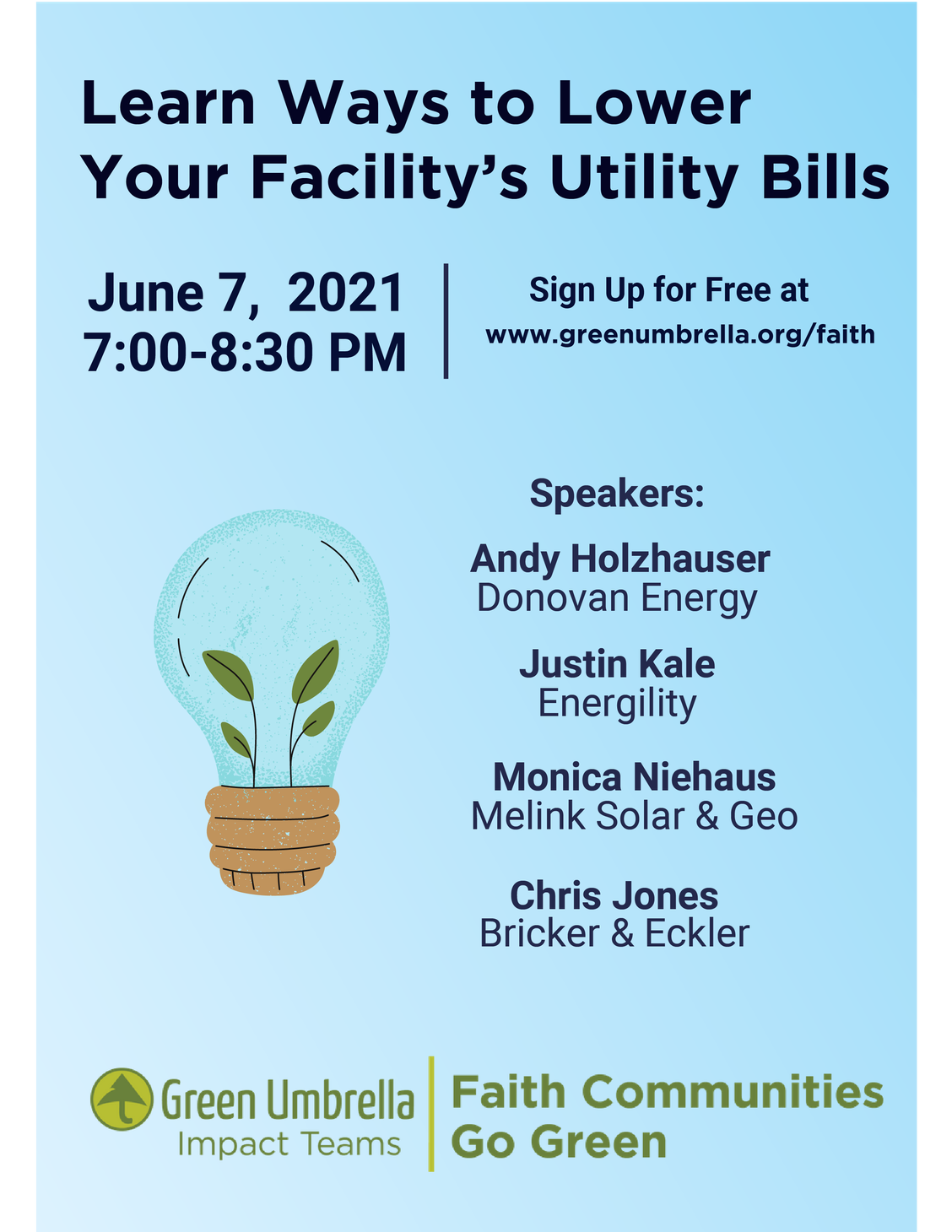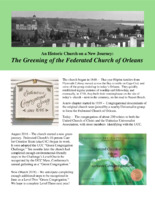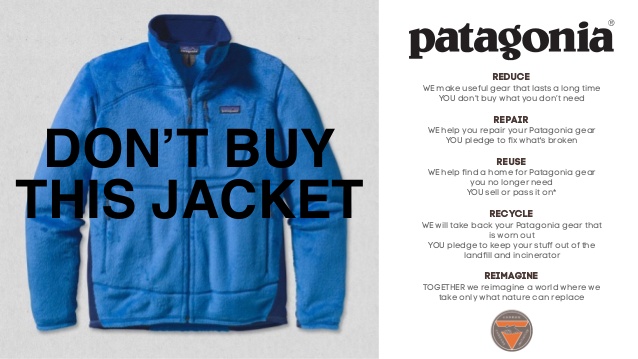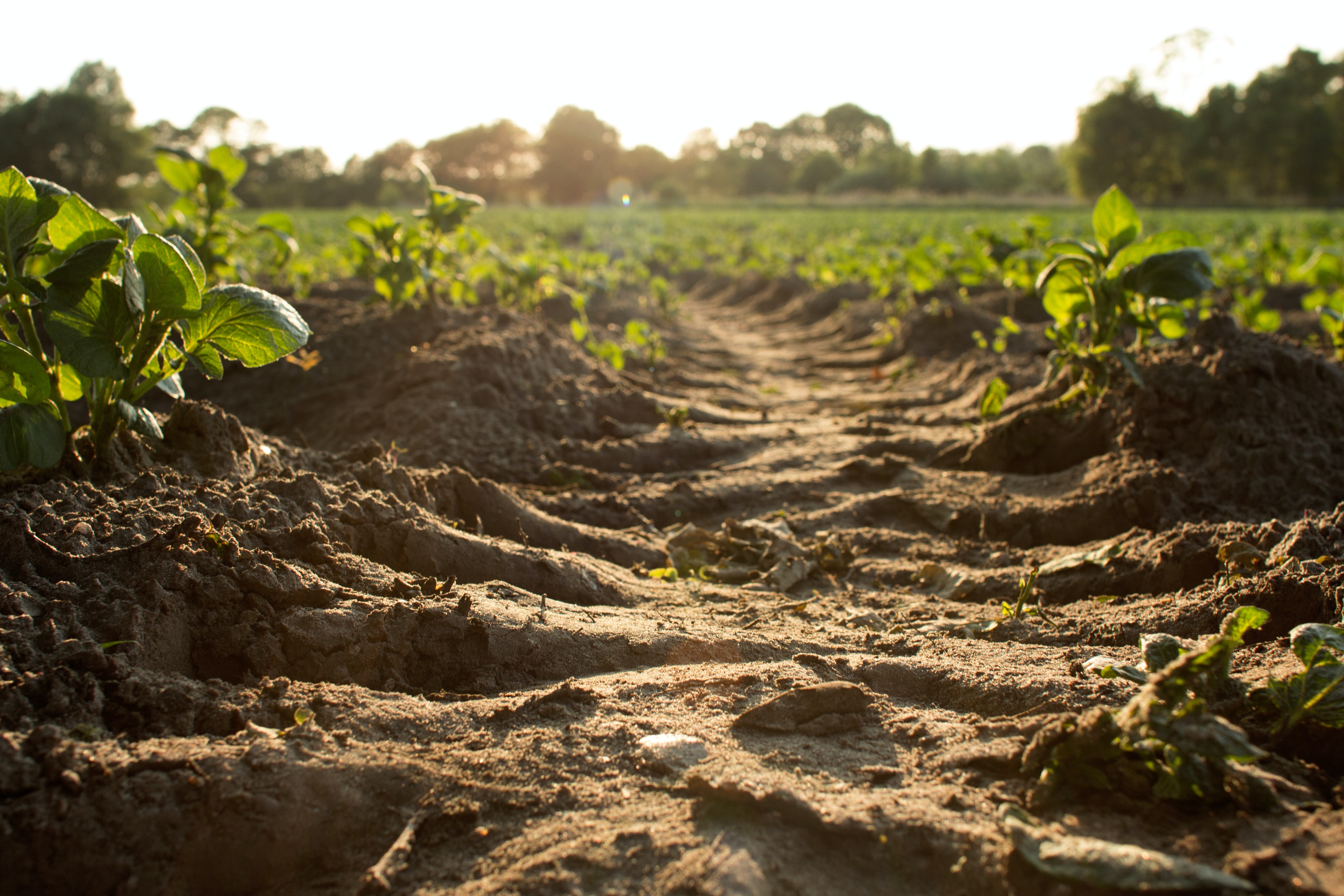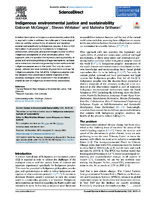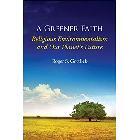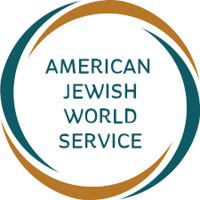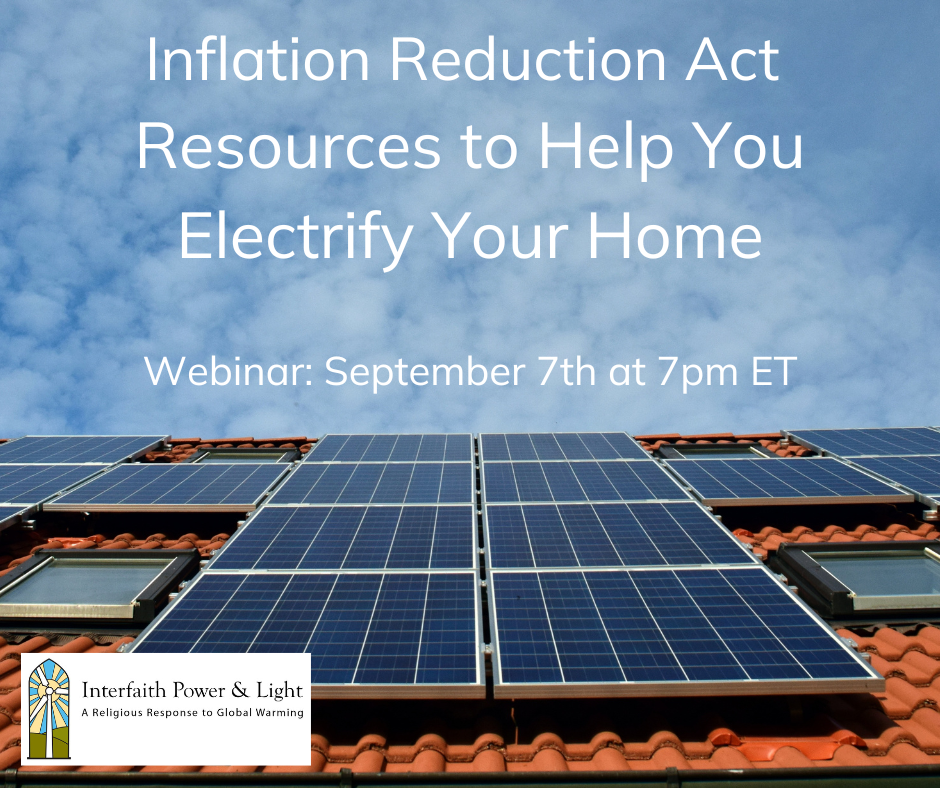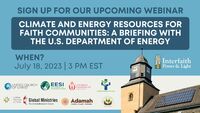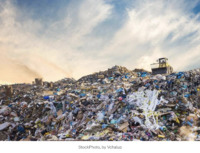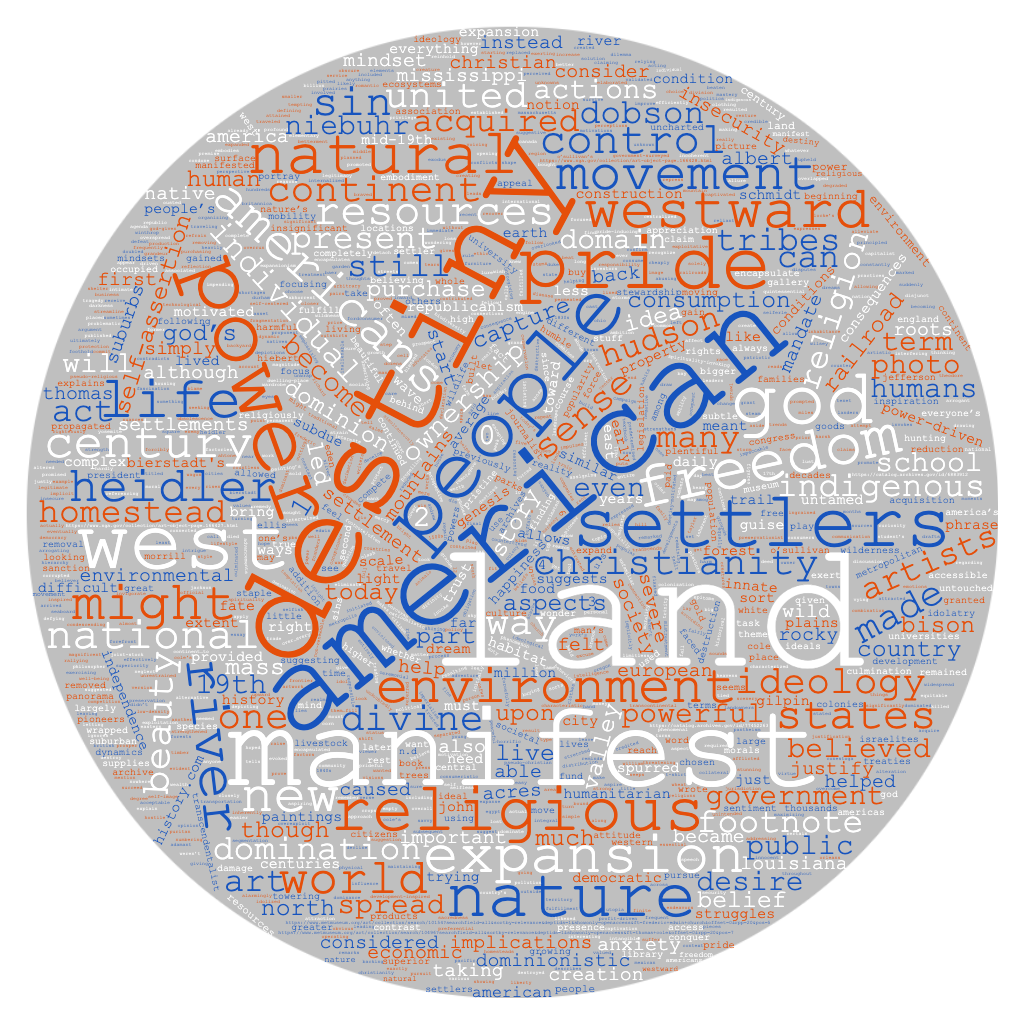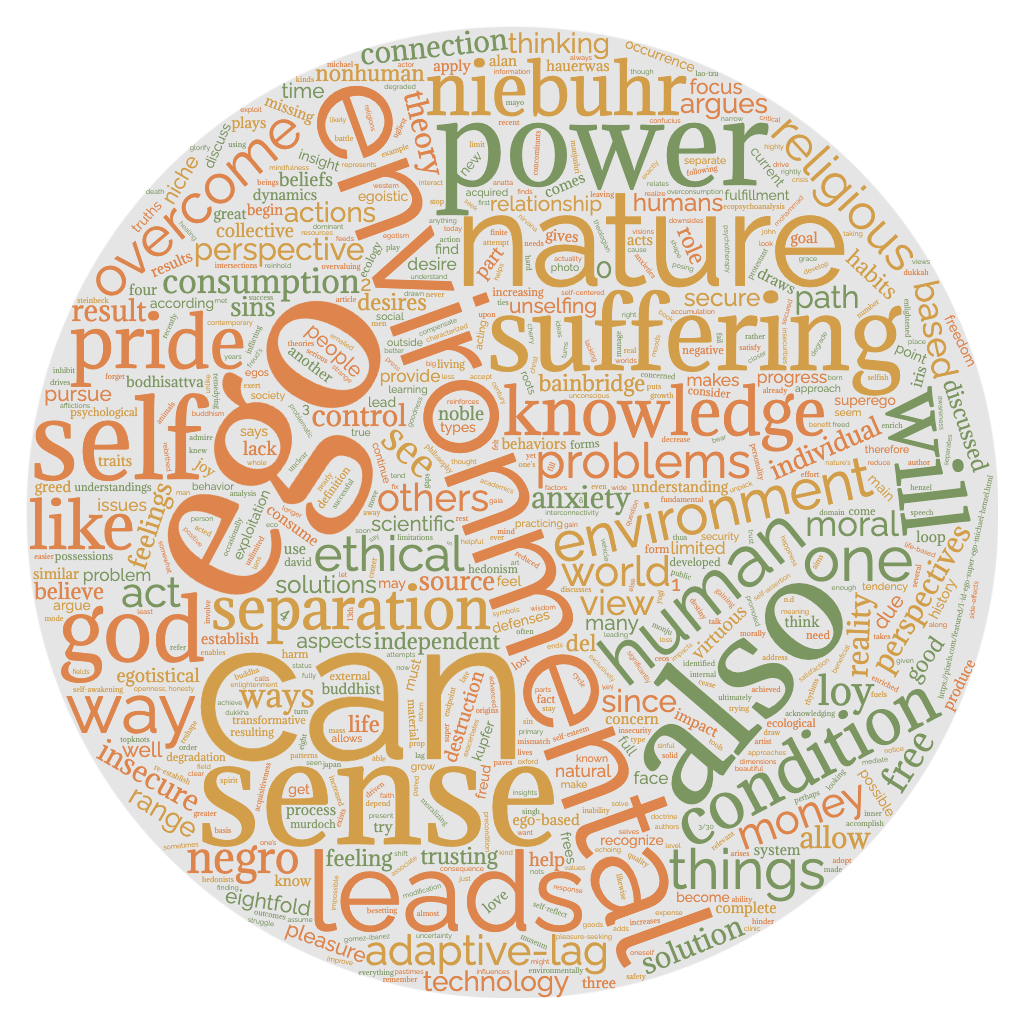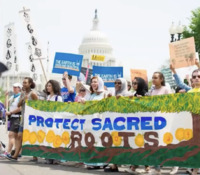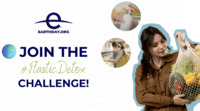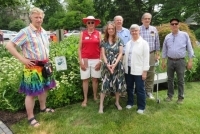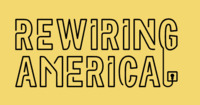Search
105 items
-
Green Umbrella Impact Team: Faith Communities Go Green
MISSION: Partnering with religious communities to create a more sustainable and equitable future for all by mobilizing their moral voice to reduce the risk of catastrophic climate change.
VISION: Religious communities collaborating to integrate care for creation in their lives and society. -
Free Webinar: Learn Ways to Lower Your Facilities Utility Bills
This event is hosted by the Green Umbrella Impact Teams in collaboration with Faith Communities Go Green
Date and time: June 7, 2021 7:00 -8:30 pm
Learn about different types of energy audits, renewable energy choices and PACE financing for nonprofits. There will be opportunities for focused conversations in smaller breakout sessions.
Who should attend?
Executive directors, building supervisors and congregational members: Everyone is welcome. -
The Greening of the Federated Church of Orleans
The church began in 1646 – That year Pilgrim families from Plymouth Colony moved across the Bay to settle on Cape Cod, and some of the group ended up in today’s Orleans. They quickly established regular patterns of worship and fellowship, and eventually, in 1718, they built their meetinghouse on the site of today’s church – next to the cemetery, on the road to Nauset Beach.
August 2016 – The church started a new green journey. Federated Church's 10-person Care for Creation Team (aka C4C) began its work. It soon adopted the UCC “Green Congregation Challenge.” Ten months later the church had completed enough environmental-friendly steps in the Challenge’s Level One to be recognized by the UCC Mass. Conference's annual gathering as a “Green Congregation.”
Now (March 2018) – We anticipate completing enough additional steps to be recognized in June as a Level Two “Green Congregation.” We hope to complete Level Three next year! -
The Story of Stuff (Documentary)
The Story of Stuff is a short animated documentary about the lifecycle of material goods. The documentary is critical of excessive consumerism and promotes sustainability.
Filmmaker Annie Leonard wrote and narrated the film, which was funded by Tides Foundation, Funders Workgroup for Sustainable Production and Consumption, Free Range Studios and other foundations. Free Range Studios also produced the documentary, which was first launched online on December 4, 2007.
The documentary is used in elementary schools, arts programs, and economics classes as well as places of worship and corporate sustainability trainings. By February 2009, it had been seen in 228 countries and territories. According to the Los Angeles Times as of July 2010, the film had been translated into 15 languages and had been viewed by over 12 million people. -
The Story of Stuff Project
The Story of Stuff Project is:
Community-Minded
Our global, online Community of over 1 million Changemakers includes parents, community leaders, teachers and students, people of faith, entrepreneurs, scientists and others interested in creating a more healthy and just world. The interests and needs of our Community members deeply informs our work, and your passion and support enable our small team to have an outsized impact.
Solutions-Focused
We know all about the problems — from climate change to income inequality to political corruption. Our movies and other media focus instead on the big, exciting innovations driving the environmental and social change we need, as well as the little things individuals and communities can do to make a difference. We call it ‘Growing Solutions’.
Action-Oriented
We believe that dramatically increasing civic participation — not just refining our consumer choices — is the key to unlocking the profound challenges we face. Our four-week Citizen Muscle Boot Camp program equips participants with the basic skills they need to organize and lead a local project. And our campaigns provide diverse, engaging opportunities for our Community members to get involved, from the global level down to where they live and work. -
Patagonia's Environmental Activism Page
From mission statements to multimedia resources to annual reports, this page displays projects essential to Patagonia's sustainability efforts as a business as well as an environmentalist community. The site can serve as an inspiration template for organizations and businesses when seeking ideas for storytelling and communications with a wider audience. -
A Bahá'í Compilation on Soil and Earth
This compilation gathers a selection of references to soil, earth and minerals in the Bahá'í Writings, including the ways these are referred to both symbolically and literally.
Contents:
Mineral Kingdom
Agriculture
Metaphorical Uses
Humility
Earth as Tomb
Rain on Soil
Fertile versus Barren
Cultivation - Divine Education -
Indigenous environmental justice and sustainability
Current Opinion in Environmental Sustainability
Volume 43, April 2020, Pages 35-40 -
Sustainable Consumption Research and Action Initiative (SCORAI)
The Sustainable Consumption Research and Action Initiative (SCORAI) is a knowledge network of professionals working at the interface of material consumption, human well-being, and technological and cultural change. We aim to foster a transition beyond the currently dominant consumer society. SCORAI provides a forum for scholars and practitioners striving to understand the drivers of the consumerist economy in affluent technological societies; to formulate and analyze options for post-consumerist lifestyles, social institutions, and economic systems; and to provide the knowledge for emergent grassroots innovations, social movements, and public policies. -
A Greener Faith: Religious Environmentalism and Our Planet's Future
Roger S. Gottlieb outlines principles of religious environmentalism and its implications for social and political issues. Gottlieb addresses issues of consumerism and fundamentalism while offering the perspective of religious environmentalism to guide how we should treat other beings. Through these discussions, Gottlieb proposes his dream for the future of our world. -
American Jewish World Service- Land, Water, and Climate Justice: Story Collection
The American Jewish World Service compiled a website of their outreach stories from the US, Africa, Asia, Latin America, and the Caribbean. Reflections from work with Indigenous communities are included as well. The environmental activism showcased on their website also defend women and their crucial involvement with agriculture and the environment. From the website;
"We aid communities and movements organizing to protect the land, water and natural resources that people depend on for their survival".
More information on how to get involved is listed on their website. -
Inflation Reduction Act Resources to Help You Electrify Your Home
"The Inflation Reduction Act (IRA) is the largest climate and clean energy investment America has ever made, with strategic incentives to make the transition to clean energy and a decarbonized life easy, financially smart, and equitable.
It created programs to help you go electric — swapping out your old, fossil-fueled appliances for new, clean electric ones — over the next ten years. The IRA’s home energy offerings include upfront discounts, tax credits, and low-cost financing that together provide a substantial pot of money for every household to electrify the machines they rely on — the cars they drive, how they heat the air and water in their homes, cook their food, dry their clothes and get their power — regardless of income level.
Much of the solution to the climate crisis is just doing two things: getting all the carbon out of our electricity supply, and then electrifying everything we can.
As people of faith and conscience, shifting our household energy use to efficient technologies that use renewable energy is an opportunity to help bring about climate justice based on our shared values: caring for one another and our common home.
Jamal Lewis, Director of Policy Partnerships and Equitable Electrification for Rewiring America, joins us for a conversation on electrification, what it looks like, and what federal resources are available to help you do it.
Join us to learn more about the incentives that will be available to help make your home healthier and more efficient." -
Environmental Sustainability in Islam
"Islamic beliefs, traditions and values provide an effective and comprehensive solution to the current environmental challenges faced by the human race. Islam has a rich tradition of highlighting the importance of environmental protection and conservation of natural resources. According to Islamic law, the basic elements of nature – land, water, fire, forest, and light – belong to all living things, not just human beings.
The Holy Qur’an and Sunnah are a guiding light to promote sustainable development in Islamic countries as well as around the world. Allah (Subhanahu Wa Ta’ala) commands human beings to avoid doing mischief and wasting resources as these acts cause degradation of the environment. The privilege to exploit natural resources was given to the mankind on a guardianship basis, which implies the right to use another person’s property on the promise that it will not be damaged or destroyed." -
Climate and Energy Resources for Faith Communities: A Briefing with the U.S. Department of Energy
"The Inflation Reduction Act (IRA) and the bipartisan Infrastructure Investment and Jobs Act (IIJA) created the largest climate and clean energy investment America has ever made. These bills provide federal funding for energy and climate resiliency improvements that can be used in houses of worship and our individual homes. This historic legislation provides people of faith and conscience with an opportunity to live our values of caring for one another and for our Sacred Earth. The IRA included clean energy tax credits for wind and solar, EVs, efficiency upgrades, heat pumps, and much more. It also made it easier for nonprofits and houses of worship to access clean energy funds and tax credits through a program called 'direct pay.' Before the IRA, only homeowners and commercial entities with some tax liability could claim tax credits when installing solar panels or other eligible technologies on an eligible property. Now, the 'direct pay' option means non-taxable entities can also benefit from these credits.
Join us for a briefing with the U.S. Department of Energy to learn more about direct pay, the tax credits, the programs, and the role faith communities can play in helping our country address the climate crisis and ensure that all communities are supported.
If you aren't able to attend, you can still register, and we will send the recording out to everyone who registered." -
Stop getting your modest clothes from fast fashion brands
"The hijab and modest fashion are not immune from the global mainstream shift to fast fashion. Ironically, in light of celebrating diversity and inclusivity, fast fashion businesses have created new niches for underserved audiences, including the Muslim community. Often these businesses outsource production to Muslim majority countries in the Global South. Here garment workers are exploited for less than a living wage..." -
Household Carbon Footprint Calculator
This interactive resource allows the user to input information on their housing situation and energy usage to calculate their estimated carbon footprint. It can show you where the most waste is and any possible ways to reduce the carbon footprint. -
Manifest Destiny: The American Dream or an Ecological Crisis?
This chapter from the student-written book "Emerging Perspectives on Religion and Environmental Values in America" explores the history of colonial expansion and the concept of manifest destiny in the US. It examines the environmental impacts as well as the religious motivations behind this course of action. Below is the first paragraph of the chapter to introduce the discussion.
"A quintessential part of the “American dream” is freedom. Whether it be freedom of religion, freedom of speech, or simply freedom to pursue one’s own dreams, Americans have always idolized the United States as a sort of utopia for individual freedom. 'Manifest destiny' is a mindset that embodies this belief. A staple term in every elementary, middle, and high school student’s American history textbook, it might be considered the epitome of what it meant to be American at the start of American imperialism. The idea of manifest destiny gained popularity in the mid-19th century and was built upon the notion of freedom. Advocates for manifest destiny believed that Americans were free, even bound by fate, to conquer the North American continent and expand the realm of democratic republicanism and Christianity. Under the guise of religious, political, and economic motivations, manifest destiny allowed Americans to pursue the 'American dream' and subdue the 'wild west.' The environmental and humanitarian implications of manifest destiny were frequently overlooked or not considered, resulting in ideology that still today seeps into our behaviors and perceptions regarding domination and superiority." -
The Consequences of the Ego and the Potential of Unselfing
This chapter from the student-written book “Emerging Perspectives on Religion and Environmental Values in America” explores consumption, human ego, and the relationship between these and our environment. It discusses human nature and how we interact with each other, technology, and nature. Below is the first paragraph of the chapter to introduce the discussion.
"Consumption is one of the favorite pastimes of our developed society, but it is also the source of many environmental problems. As technology has advanced, our society and economy have developed into one dependent on the mass consumption of things. Our habits of mass consumption have acted as a vehicle of destruction by increasing the amount of resources we use and waste we produce, leaving parts of our environment severely degraded. As a result, the people who have more and seem to be successful make more environmental impact, while the environmental consequences of their actions tend to be felt by the have nots. Our symbols of success that we prop up seem to be part of the problem as they have serious environmental downsides, and even though we recognize these downsides we continue to glorify consumptive habits that are destructive. But have you ever considered the roots of our need to consume?" -
By the Sun: A Home Solar Workshop by Green Muslims and IPL-DMV 2023
"Join Green Muslims and Interfaith Power & Light as we gather to learn how we might power our homes with clean energy -- "wash shamsi wa duhaa haa," by the sun and its brightness! (Quran 91:1)
Along with members of Masjid Muhammad and other local masajid ... you're invited to learn about and consider joining Solar United Neighbors (SUN)'s open solar purchasing groups for homeowners in Maryland, DC, and Northern Virginia.
Together we:
- Reflected on the Muslim call to be khalifa - stewards - of our world
- Heard from Sis. Bayinah Shaheed whose home is powered by the sun
- Connected with Sukrit Mishra from Solar United Neighbors, which is convening solar purchasing groups this summer.
- Asked your questions about going solar at home
- Started your solar journey
- DC, NoVA, & Montgomery, Prince George's, Frederick Counties MD: https://www.bit.ly/SolarSwitchIPL
- Baltimore & surrounding counties: https://www.energyprograms.civicworks...
(Calligraphy in illustration is text of Surah 91 Ash-Shams by Everitte Barbee: https://www.saatchiart.com/.../Drawin...)" -
#PlasticDetox Social Media Challenge
"Join the EARTHDAY.ORG #PlasticDetox challenge and reduce your plastic use! Take small steps to avoid single-use plastics like bags, straws, bottles, and packaging. Share your eco-friendly swaps and inspire others to join the movement on social media using #PlasticDetox.
The challenge not only focuses on individual actions but also encourages participants to spread awareness and inspire others to join the movement. By collectively engaging in the EARTHDAY.ORG #PlasticDetox challenge, participants will create a ripple effect and encourage a wider shift towards a plastic-free lifestyle. Together, we can make a big impact for a plastic-free future!" -
Fairmount Presbyterian Church achieves another environmental milestone
"Each year, the Cleveland 2030 District and the NEO Local Leadership Team of USGBC (U.S. Green Building Council) Ohio host a friendly green building challenge to recognize exemplary new green construction and renovation projects in this region. In May, the winning entries were announced and—among recipients such as Oberlin College, the Progressive Insurance Campus, and the Maltz Performing Arts Center—Cleveland Heights Fairmount Presbyterian Church (FPC) was recognized for its work in achieving a 50% electricity use reduction." -
Moving Forward: A Guide to Climate Action For Your Congregation and Community
This guide was created by ecoAmerica and the Blessed Tomorrow coalition. It includes actions that individuals, household, and community groups can take with regard to the eliminating of pollution, conserving energy, transitioning to clean power. It also focuses on supporting policies that support care for creation. -
Catholic Diocese of Columbus: Creation Care Guide
The Creation Care Team of the Catholic Diocese of Columbus has created a Creation Care Guide based on the teachings of Laudato Si’. This guide contains information on energy conservation and efficiency, purchasing and recycling, transportation, and water conservation. Additionally, they have a section on making Laudato Si’ more accessible to younger generations. The inspiration for this guide came from the Archdiocese of Atlanta who wrote a document titled, An Action Plan for the Roman Catholic Archdiocese of Atlanta. -
Interfaith Power and Light
"Interfaith Power & Light effort began in 1998 with Episcopal Power & Light and the support of Grace Cathedral as a unique coalition of Episcopal churches aggregated to purchase renewable energy. In 2000, this Episcopal effort broadened its focus, brought in other faith partners, and California Interfaith Power & Light was born.
California IPL developed a successful organizational model that engaged hundreds of congregations, educated thousands of people of faith about the moral and ethical mandate to address global warming, and helped pass California’s landmark climate and clean energy laws. Building on California’s success, this model has now been adopted by 40 state affiliates, and we are working to establish Interfaith Power & Light programs in every state.
The Rev. Canon Sally G. Bingham, IPL founder, has brought widespread attention to the link between religious faith and the environment. As one of the first faith leaders to fully recognize global warming as a core moral issue, she has mobilized thousands of religious people to put their faith into action through energy stewardship. Sally continues to serve IPL as a President Emeritus." -
The Rewiring America Handbook: A Guide to Winning the Climate Fight
"The COVID-19 pandemic showed the world the dire consequences of ignoring science and its predictions of global crises. But the pandemic was just a rehearsal for the climate disasters humanity will face – unless we act now.
In his new book, Rewiring America, Saul Griffith, PhD argues that we can still address the threat of climate change, but only if we respond with a massive war-time mobilization effort to transform the fossil fuel economy into a fully electrified one, run on wind, solar, and other renewable energy sources. Based on the vast data about energy flows in the U.S. economy that his company, Otherlab, has mapped, Griffith details how to not only save us from climate disaster, but to help us enjoy a cleaner, healthier, and more prosperous future."


